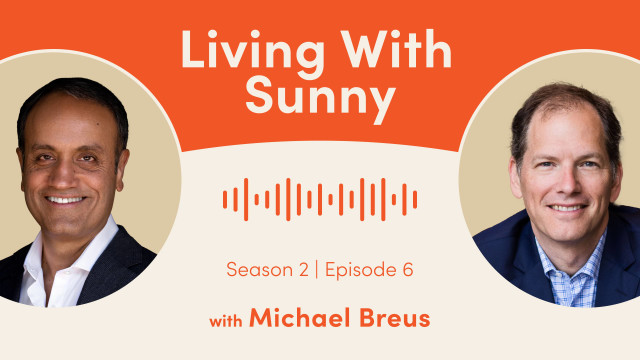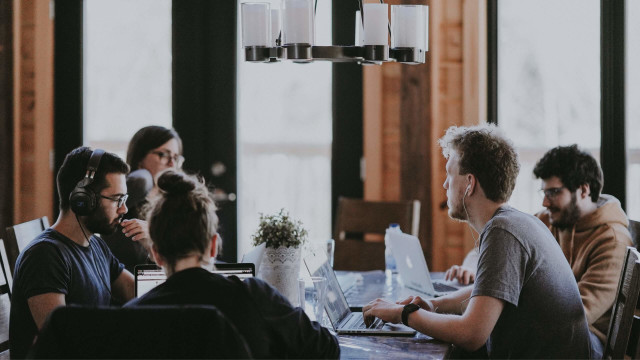Sleep Easy

On paper, the act of sleeping may seem unproductive, indulgent, and limiting; and yet, the time we spend sleeping is as vital as the time we spend awake. Sleep is not just an escape from the stress of real life, it is an essential bodily function that allows our mind and body to recharge. It repairs our blood vessels, restores our energy levels ahead of another day’s work, and boosts our immune system. It also sheds light on our emotions and desires by elucidating and clarifying truths through dreams. In short, it’s vital to our Wholistic Wellbeing.
However, in these busy and tech-addicted times, many of us have a complicated relationship with sleep. Most of us feel like we’re getting either too much sleep or not enough. Those who lie in for longer in the morning admire and envy the early birds; those early to bed and early to rise admire and envy those who function better with a later bedtime. Many of us feel like we’re "not doing it right”, which unwittingly worsens our ability to sleep at all. This leads us to a thought trap where we mistakenly seek to optimize an activity that is so natural there isn’t a right or a wrong way of doing it.
Think about it. How often have you asked yourself questions like: On how little sleep can I get by and still function during the day? What can I do to fall asleep as quickly as possible? How can I improve the quality of my sleep?
These aren’t invalid questions to ask, and thinking of sleep as an activity that requires thought, intent, and perhaps even technique is not entirely misguided. But I personally find it more helpful to take a step back and strip sleeping back to its essentials. Sleep is not like a workout, or a meditation session, or a diet plan. It’s not a luxury or accessory pastime with health benefits. It’s indispensable. It’s natural. And it should come to you naturally.
As sleep doctor Michael Breus said in a recent episode of my Living with Sunny Podcast, “Sleep is a lot like love, the less you look for it, the more it shows up.” Breus explains the science of sleep and the four sleep chronotypes — lion, bear, wolf and dolphin — based on whether you sleep better during the day or night. Turns out, I’m somewhere between a lion and bear! Watch the episode to find out what you are.
What’s keeping you up?
Stress? Anxiety? A bad day that you’ll simply sleep off, or a hurtful memory that keeps cropping up despite your memory’s best efforts to forget it? Perhaps it’s a more complex, symptomatic and physical condition like insomnia, or sleep apnea, or even sleep paralysis — all of which require professional medical attention.
As with all problems, the first step to remedying sleep deprivation is to identify its cause. Be honest with yourself and monitor your sleep. Note if and when you wake up in the middle of the night and why: was it a nightmare? Sweats? The lure of your phone, which really should be switched off? Or something you couldn’t explain? Avoid eating or drinking right before bedtime, especially raw and heavy food, as your body needs to digest properly before you hit the hay. At the very least, you’ll be able to eliminate certain candidates from the list of sleep disturbance causes.
If you’re still struggling, seeing a therapist or doctor can help identify the causes of sleep deprivation. Once you know what’s keeping you up, you need to establish a healthy and regular circadian rhythm. Are you a morning person, or more productive in the evening? Will caffeine too late in the day keep you awake at night when you’re trying to sleep? These are important questions to ask oneself as we prepare to sleep — and to dream.
Dream a little deeper
Our circadian rhythm regulates our sleep-wake cycle: some refer to this as the “body clock.” The optimal circadian rhythm allows us to wake up at the same time each morning, naturally, with no need for an alarm. And no, it’s not utopian. The perfect circadian rhythm is only ever as ideal as the conditions we create for ourselves in order to sleep well. If you’re the kind of person who needs total darkness and silence, you should think about shutters, curtains, and earplugs. Conversely, if you’re a light sleeper who needs natural light to wake up, consider sleeping with the curtains open to wake gently with the light of day. As I said earlier: there is no universal right or wrong way to sleep. The golden rule is simply to do what’s right for you, and your circadian rhythm will fall into place.
Fully functional circadian rhythms improve all four stages of sleep — as we progress from slow to rapid eye movement, from a light snooze to a deep, beautiful dream. And when our sleep is at its best and most powerful, that dream unlocks truths through our subconscious imagination and helps us become more enlightened, self-aware individuals. To improve sleep is to dream a little deeper. To improve sleep is to know oneself better.





